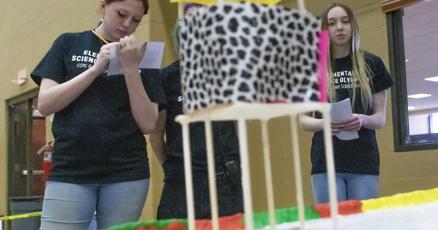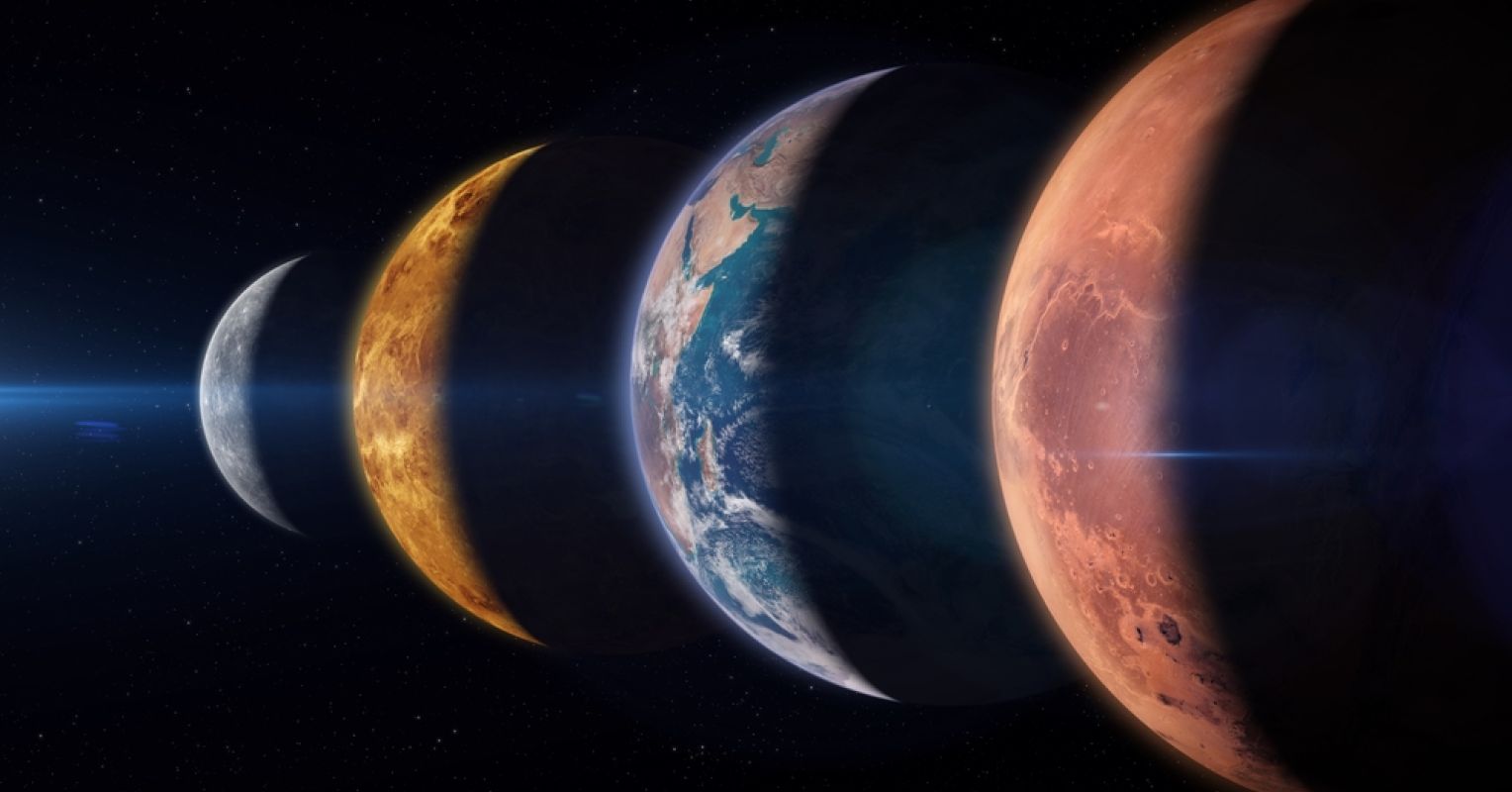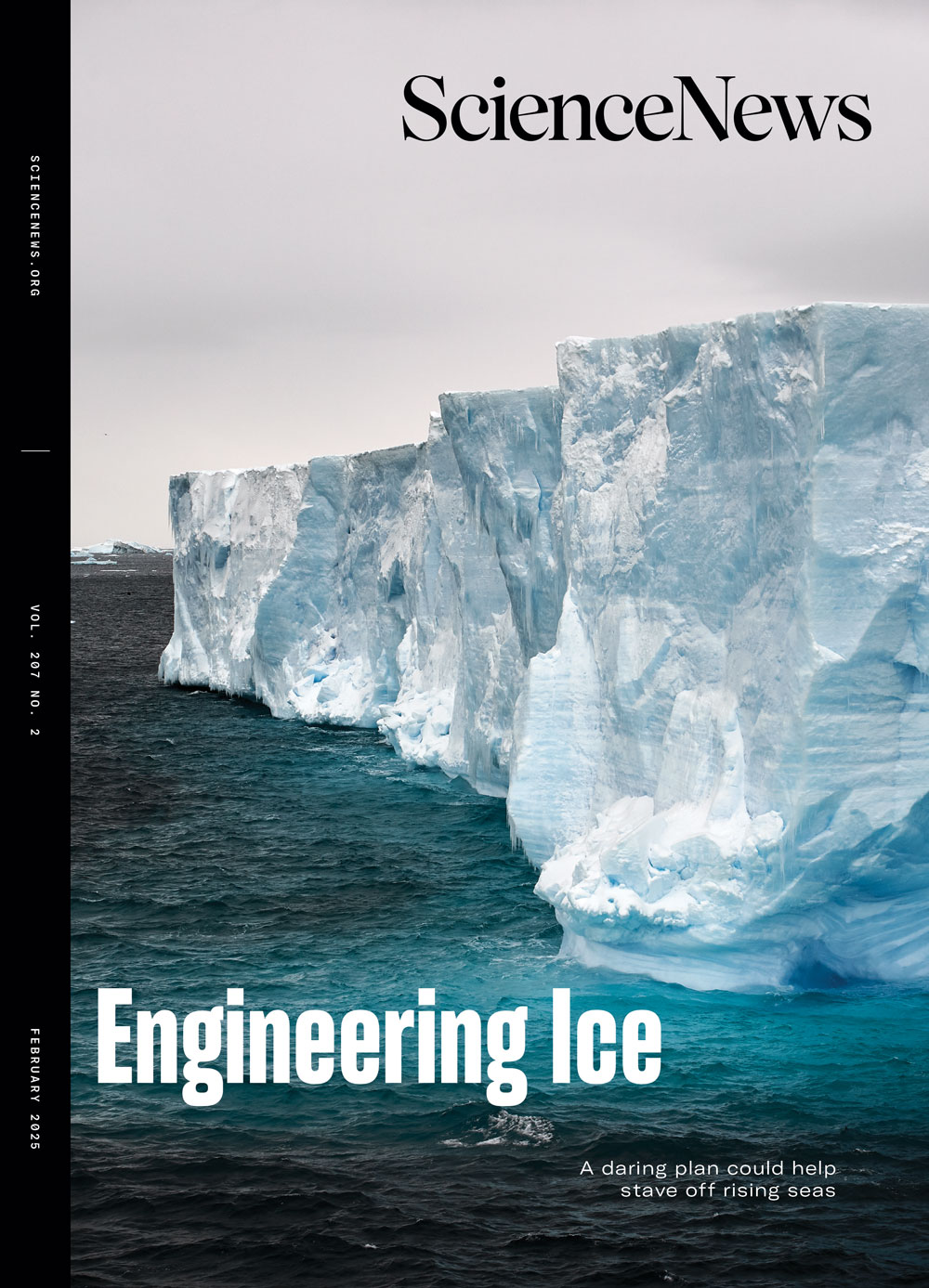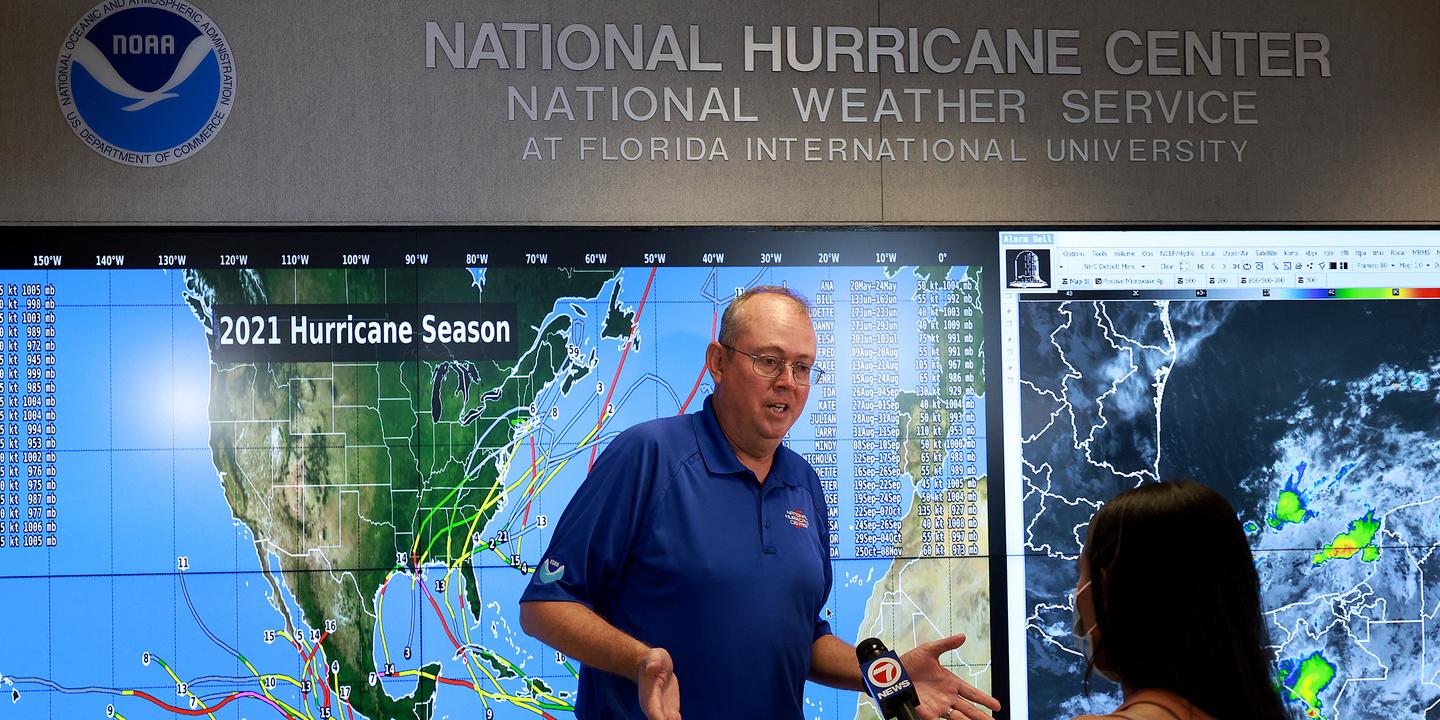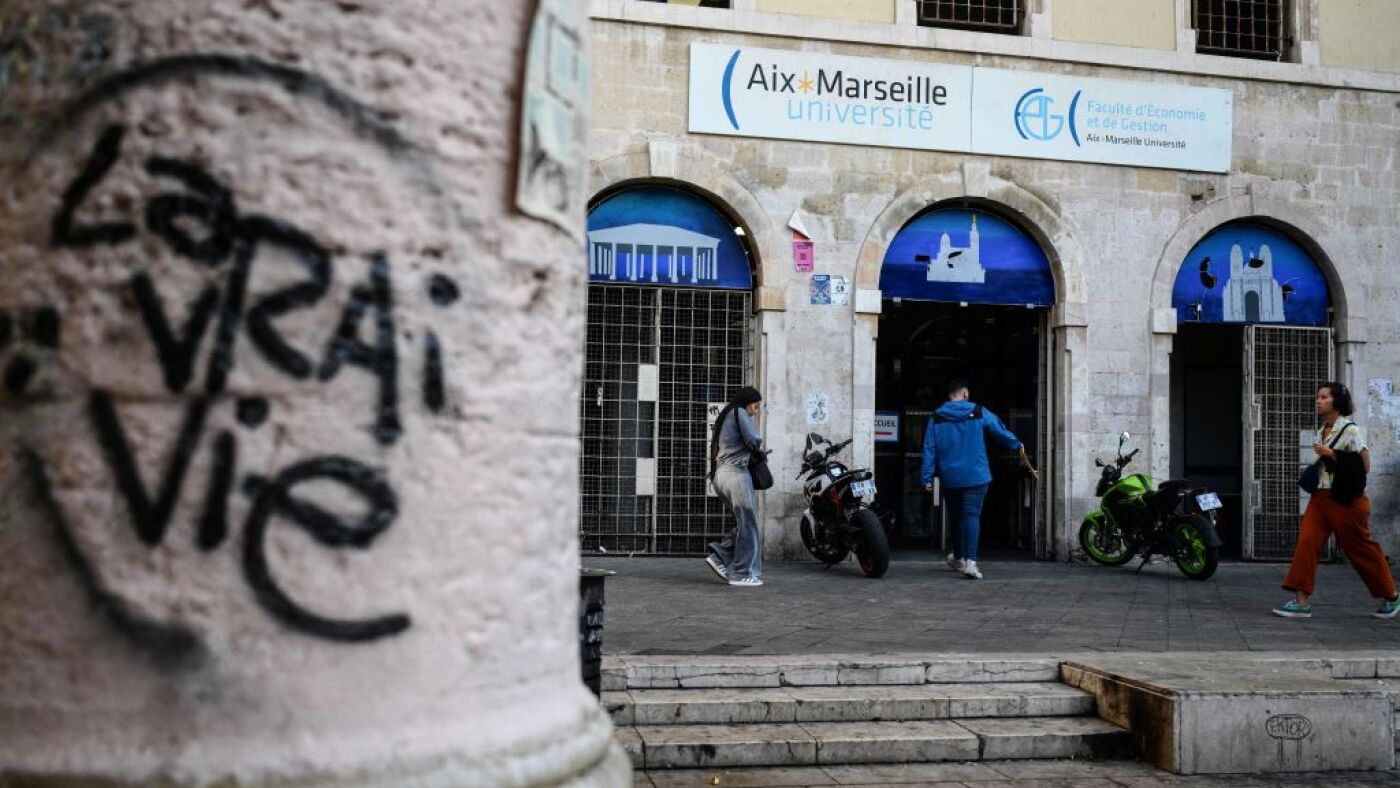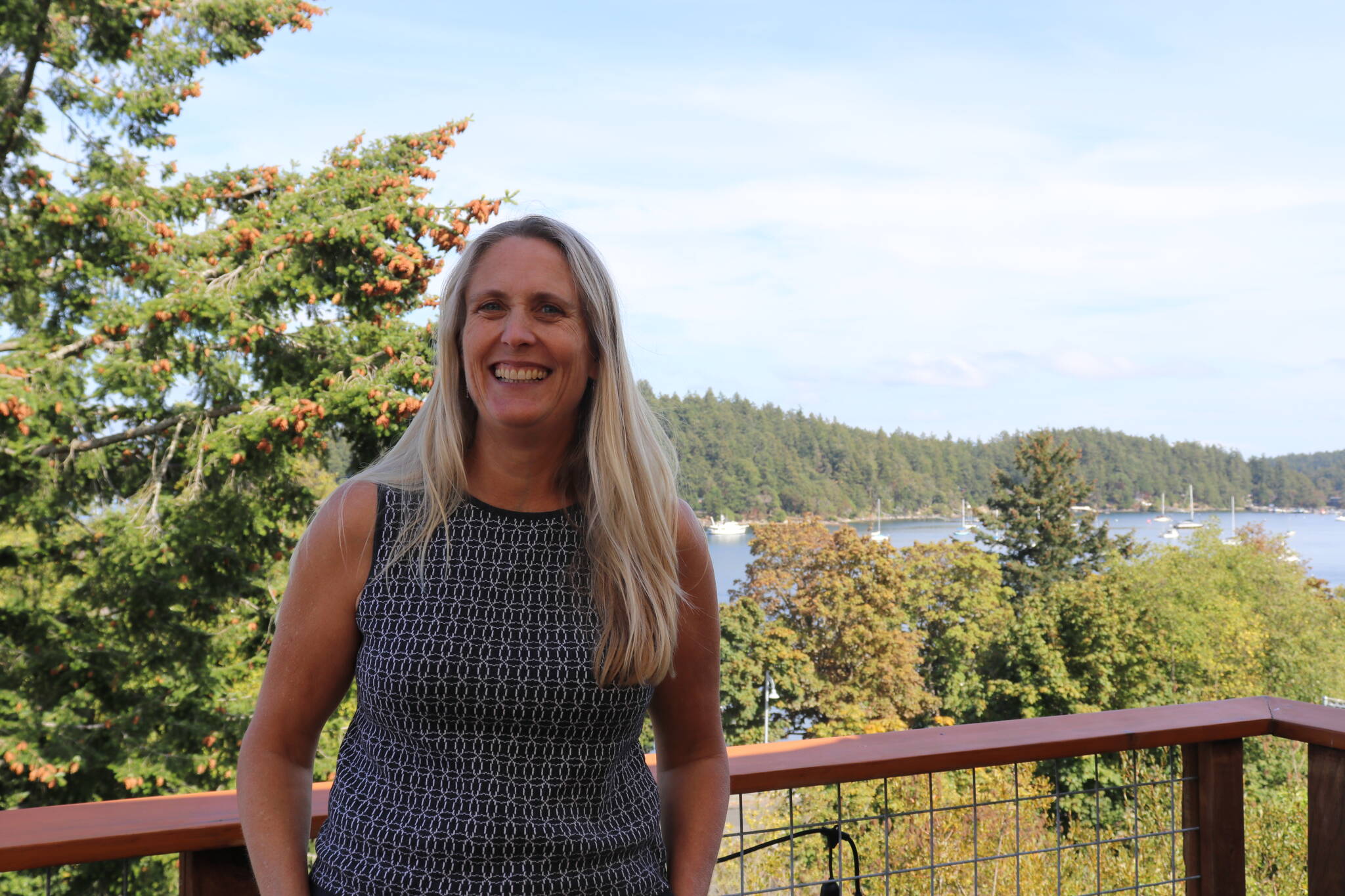
Science Under Siege: NIH Policy Rollback Sparks Fierce Backlash from Researchers
Washington Shakes as Science Policy Faces Unprecedented Challenge In a move that has sent ripples of concern through the scientific community, the Trump administration delivered another blow to research integrity today by dismantling a critical National Institutes of Health (NIH) policy. The policy, which was carefully crafted to safeguard scientific decision-making from political manipulation, has now been abruptly rescinded. This latest action represents more than just another administrative change—it signals a potentially dangerous erosion of scientific independence that could have far-reaching consequences for research and innovation in the United States. Since taking office in January, the administration has consistently demonstrated a willingness to challenge and undermine established scientific protocols. Experts warn that such politically motivated interference could compromise the fundamental principles of objective research, potentially setting a troubling precedent for future scientific endeavors. The decision raises serious questions about the administration's commitment to evidence-based policymaking and the protection of scientific integrity. As the scientific community reels from this unexpected move, many are left wondering about the long-term implications for research, funding, and the critical role of science in shaping national policy.

